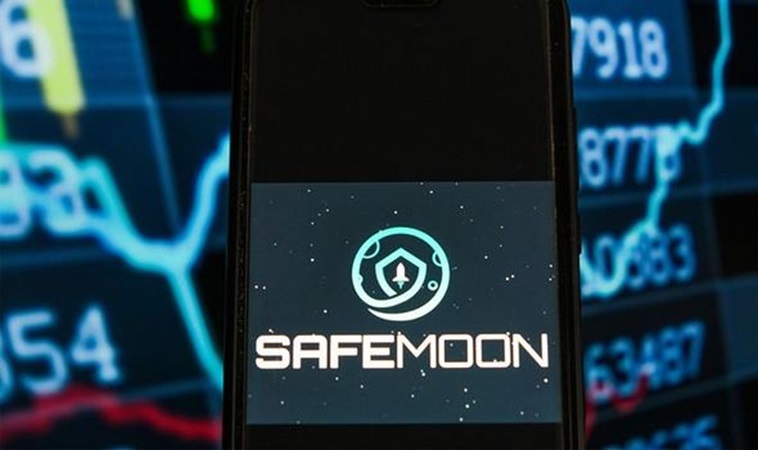
Braden John Karony, the former CEO of SafeMoon, was found guilty on all counts in a criminal case tied to a major cryptocurrency fraud scheme. A New York federal jury convicted him on May 21, 2025, in the U.S. District Court for the Eastern District of New York. The charges included conspiracy to commit securities fraud, wire fraud, and money laundering.
Prosecutors alleged that Karony, along with co-conspirators Thomas Smith and Kyle Nagy, misled investors about the accessibility of SafeMoon’s “locked” liquidity pools, diverting millions of dollars for personal gain. Karony personally acquired over $9 million in crypto assets, which he used to purchase luxury items such as a $2.2 million home in Utah, additional properties, two Audi R8 sports cars, a Tesla, and custom trucks. The SafeMoon token, which once reached a market capitalization of over $8 billion, collapsed after the fraud was exposed, with its value dropping significantly.
Thomas Smith, the former CTO, pleaded guilty and testified against Karony, while Kyle Nagy, the platform’s creator, reportedly fled to Russia and remains at large. Karony faces up to 45 years in prison, with sentencing yet to be scheduled. The case was investigated by the FBI, IRS Criminal Investigation, and Homeland Security Investigations, with assistance from the SEC.
Register for Tekedia Mini-MBA edition 19 (Feb 9 – May 2, 2026).
Register for Tekedia AI in Business Masterclass.
Join Tekedia Capital Syndicate and co-invest in great global startups.
Register for Tekedia AI Lab.
The conviction of SafeMoon CEO Braden John Karony carries significant implications for the cryptocurrency industry and highlights a growing divide between regulatory efforts and the decentralized ethos of crypto. Karony’s conviction underscores the U.S. government’s aggressive stance on crypto fraud. Agencies like the SEC, FBI, and IRS are intensifying efforts to crack down on scams, signaling that even decentralized platforms are not beyond reach. This could lead to stricter regulations, potentially stifling innovation but also protecting investors.
The SafeMoon case, where a token once valued at over $8 billion collapsed, erodes trust in speculative crypto projects. Investors may become more cautious, favoring established cryptocurrencies like Bitcoin or Ethereum over newer, less transparent tokens. This could reduce liquidity in smaller altcoin markets. The guilty verdict sets a legal precedent for holding crypto executives accountable for misrepresenting token mechanics, such as liquidity pool “locks.” It may deter similar schemes but also pressure developers to ensure transparency in smart contracts and tokenomics.
With co-conspirator Kyle Nagy reportedly fleeing to Russia, international cooperation in crypto fraud cases is under scrutiny. This could push regulators to demand more robust KYC (Know Your Customer) protocols or centralized oversight, clashing with crypto’s decentralized principles. Supporters of oversight, including regulators and cautious investors, argue that cases like SafeMoon justify stricter rules to prevent fraud, protect retail investors, and stabilize markets. They view convictions like Karony’s as necessary to weed out bad actors and legitimize crypto as an asset class.
Crypto enthusiasts who prioritize decentralization see such crackdowns as overreach, arguing that they undermine the industry’s core principles of autonomy and freedom from centralized control. They contend that investor education and self-due-diligence should take precedence over regulatory intervention, and that cases like SafeMoon are outliers exploited to justify broader control.
This divide fuels debates over how to balance innovation with accountability. Pro-regulation forces may push for clearer legal frameworks, while purists advocate for community-driven solutions like DAOs (Decentralized Autonomous Organizations) to self-regulate. The SafeMoon case, with its high-profile fraud and dramatic fallout, could tilt the scales toward stricter oversight, potentially alienating those who view crypto as a rebellion against traditional financial systems.


